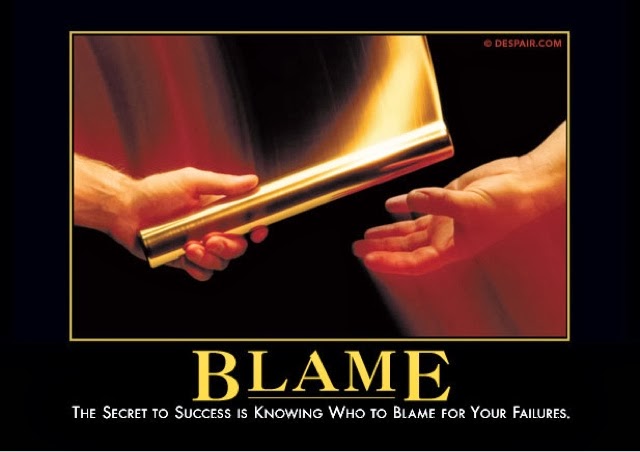Invictus
Out of the night that covers me,
Black as the pit from pole to pole
I thank whatever gods may be
For the unconquerable soul
In the fell clutch of circumstance
I have not winced nor cried aloud,
Under the bludgeoning of chance
My head is bloody, but unbowed
Beyond this place of wrath and tears
Looms but the horror of the shade,
And yet the menace of the years
Finds, and shall find me, unafraid
It matters not how straight the gait
How charged with punishments the scroll,
I am the master of my fate:
I am the captain of my soul
Three feet from gold, as the old story goes is how close many get before they stop digging and give up. Forget that great accomplishments were never had except for great work, determined focus and consistent driving.
Recently I observed a man give up in an area where he could have created a monopoly doing what he loved most. Over a slightly short period of time his pursuits would have yielded great results, but, in his eyes "they weren't happening fast enough." He gave up, quit and "moved on" giving up great potential stability, satisfaction and wealth. He was, by his choice, defeated. Impatience breeds impotence. Impotence is truly that - a lack of potency, or, in other words a lack of power.
As a student of life, leadership, business, finance and fulfillment I have seen impatience rob so many of the wealth that comes with time and effort. "Spending" before acquiring in any area of life is a hallmark of impatience and impotence. Wealth in any area - emotional maturity, knowledge, wisdom, relationships, finances, take time to build. Patience breeds power. Persistence brings potency. Passion births performance.
I love that the title of Henley's poem means undefeated. In the final two lines he describes why. "I am the master of my fate: I am the captain of my soul." Defeat is determined by us, individually when we give up, throw in the towel and divorce our current pursuit. As the master of fate and captain of soul each of us chooses defeat or victory because, until the reaper takes us from the earth, WE determine the game clock. Haven't achieved victory yet? Not dead? Good...extend your timeline, change your approach, adapt, adjust and stay the course.
You are the master of your fate. You are the captain of your soul. Do yourself a favor this year. Don't write out resolutions. Determine the power of your soul by deciding what you WILL create. Decide and then commit. Weak minds write resolutions. Strong minds use resolve as it's intended purpose - as an action word. Resolve. Commit to your definition of success and move forward. BE the master of your fate. BE the captain of your soul. BE invictus.
***Thank you for reading. Please follow the blog and leave your thoughts below.***










































